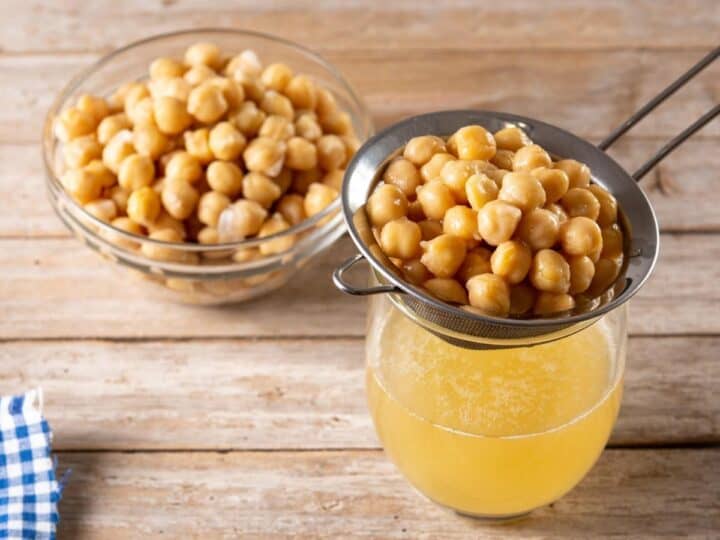Think of Israel, and your mind will probably wander to hummus pretty quickly. And for good reason too – the ubiquitous chickpea dip is delicious, healthful and can be eaten at breakfast, lunch and dinner. Think of Israel for another moment, and you might also remember that the country’s a vegan powerhouse.
So it really is only fitting that an Israeli company is harnessing the goodness of the humble chickpea to create a vegan-friendly protein.
The growing number of people in the Western world becoming vegan, vegetarian or “flexitarian” (choosing to cut down consumption of animal products) means that the demand for plant-based proteins is on the rise.
Many such products are already available, whether made from soy, peas or other legumes. But these products aren’t without their challenges – some, like soy, are highly allergenic, while others are genetically modified or not very sustainable to grow. Not to mention that some are an acquired taste.
This is the issue Israeli startup InnovoPro is hoping to help solve. Founded in 2013, InnovoPro created an innovative way to extract large amounts of protein from chickpeas and turn them into a protein powder that can replace dairy, eggs and meat in a variety of products.

InnovoPro’s protein powder is an allergy-free, gluten-free and eco-friendly protein source. And no less important, since chickpeas have a neutral flavor there’s no need to mask the taste with other unnatural ingredients.
While chickpeas naturally contain some 20 percent protein, the startup’s unique technology and extraction process results in a protein powder that contains a whopping 70% protein.
“The technology is based on a ‘wet process’ procedure – it’s a technology in which the product undergoes an extraction, separation and drying process,” says InnovoPro CEO Taly Nechushtan. “We’re the first in the world to launch a product with 70% concentration out of chickpeas.”
The process, she explains, is eco-friendly, with the company buying raw materials from nearby its North American production plant to cut down on gas emission. It also uses less energy and water than other similar processes to extract proteins from plants.

The company operates in a B2B business model, meaning that it sells its powder to food retailers that incorporate it in their products, for example in egg-free mayonnaise or dairy-free puddings. Another mode of operation is joint collaborations with food retailers to create new food items.
While at first InnovoPro thought its products would appeal mostly to vegans and vegetarians, they soon found out that omnivores keen to cut down on their meat consumption were also looking for plant-based protein alternatives.

“It’s a huge crowd of ‘reducetarians’ or ‘ flexitarians’ who are lowering their dairy and meat consumption – 70% of consumers in Germany and 50% of consumers in the United States say they are doing so,” Nechushtan says.
Since these consumers also eat meat, they don’t want to settle for second-rate taste, she adds. “Taste is very important to them and this is what we offer them – excellent products with great taste.”
InnovoPro’s sights are currently set on the Western world. “We think that livestock consumption will be increasingly reduced in the West,” Nechushtan says.
This is in contrast with Asia, for example, where milk consumption is relatively new and on the rise. Still, she notes, large parts of the population there are also interested in plant-based protein alternatives.
Also of importance for savvy consumers is for products to be natural, without a long list of stabilizers and emulsifiers. Chickpeas fit the bill here too, since their strong emulsifying properties mean that there’s no need to add artificial solvents to the products derived from them.
“In our products, we’ve developed recipes with six or seven ingredients instead of 20,” Nechushtan says. “We’re creating the clean labels with fewer ingredients that consumers like to see.”
While InnovoPro’s production plant is based in North America, its R&D is located in Israel. Operating a small team of fewer than 10 people, the company plans on beginning large-scale manufacturing. To this end, it recently raised $4.25 million from investors including Migros, Switzerland’s largest retail company; and Erel Margalit of Jerusalem Venture Partners.
Being part of the Israeli startup ecosystem and its booming food-tech industry has its advantages, Nechushtan notes. “I think it immediately creates the ‘Startup Nation’ effect – after that we need to prove ourselves as a good product.”
For more information, click here

















